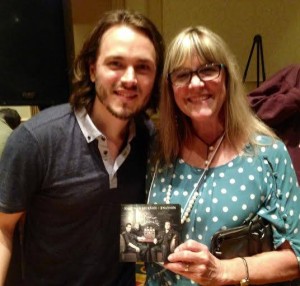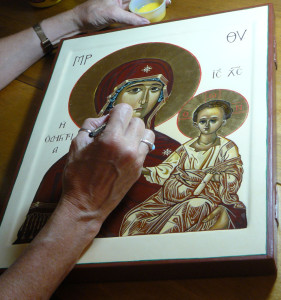
This will be my final post of reflections from Jonathan Jackson’s book, The Mystery of Art. Links to previous posts can be found within my last post from his book, if you’re interested. It’s here:
Yesterday I read the final chapter of his book, “Rejoice, O Artists.” I was curious as to where he would go with this, as he had earlier embraced the reality of the artist as self-destructive and deeply tormented:
Artists do not feel balanced or normal. Nobody becomes an actor, painter, writer, musician, or dancer to play it safe (or make a steady income).
He went on to talk about tortured souls, but also how artists have the choice of transforming their suffering and giving it meaning. One result of transforming that suffering is what Jonathan speaks to in this final chapter.
Every artist becomes infused with joy about his or her artistic pursuit—whether it is music, poetry, acting, directing, painting, sculpting, writing, dancing, or any other expression. The artist is overwhelmed by the joy of this mystery. But with this exuberance comes the inevitable suffering at the very hands of one’s passion.

I found this to be true when I was painting icons, and I experience it in a very different way with my writing. Painting icons is liturgical work. It is (or should be) selfless work, done for the sake of the Church and fellow believers who embrace icons as a spiritual tool to enhance prayer and worship.
Writing can also be selfless work, if one is writing for others. I’m trying to think of examples of this and mostly I come up with those who write spiritual books and perhaps self-help and psychology books. But then I think of the volumes of medical journals without which no one could learn to be a physician, and the idea of selfless writing is suddenly expanded in my thinking.
I don’t consider my own writing as selfless. Of course I hope that it blesses others, but I admit that’s not my primary goal. Perhaps it should be. My goal is to produce art of such a quality that it brings a strong reaction—emotional, psychological, intellectual—to the reader. The reaction I hope for isn’t always positive, as some parts of my writing are dark and call for a strong negative reaction. But in the end I hope to include an element of redemption in my work.
Back to the theme of JOY in the artist’s work:
There are two kinds of spiritual and creative fire. One fire brings temporary joy (or happiness) but eventually leads to sorrow and death. The other kind of fire is divine communion, which is everlasting and unquenchable joy. This fire burns and wounds initially, but eventually leads to ecstasy and everlasting life.
 I can relate to the temporary joy that comes with creative fire. The excitement that causes me to jump up out of my chair and throw a fist pump into the air and shout, “Yes!” when the words are flowing beautifully onto the page. The thrill of seeing those words published. The delight of reading those words at a book-signing and inscribing the books for those who purchase them. It’s the second kind of fire that I often lose sight of when I’m caught up in this temporal realm. Jonathan gives a warning to artists who focus completely on themselves and their work and leave God out of it:
I can relate to the temporary joy that comes with creative fire. The excitement that causes me to jump up out of my chair and throw a fist pump into the air and shout, “Yes!” when the words are flowing beautifully onto the page. The thrill of seeing those words published. The delight of reading those words at a book-signing and inscribing the books for those who purchase them. It’s the second kind of fire that I often lose sight of when I’m caught up in this temporal realm. Jonathan gives a warning to artists who focus completely on themselves and their work and leave God out of it:
God has given incredible gifts to His children, but what happens to the artist when he falls in love with the gifts of creation instead of the Giver of Life? The gifts, which are beautiful in and of themselves, betray his heart and leave him unfulfilled and lost.
His words bring to mind Romans 1:25: “…for they exchanged the truth of God for a lie, and worshiped and served the creature rather than the Creator….” I’m sure my own pride gets in the way as much as it propels me forward with my writing. It’s a difficult balance to maintain, and one I don’t even always aspire to. Again, Jonathan’s words help me:
The artist is not merely speaking words—after all, words are only shadows and indications of what one experiences with God. She is contemplating something otherworldly. Every transcendent delight of this age—romance, having children, witnessing a beautiful sunset, and so on—is only a shadow of an eternal joy.
Rejoice, O Artists!